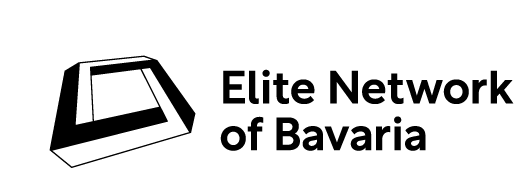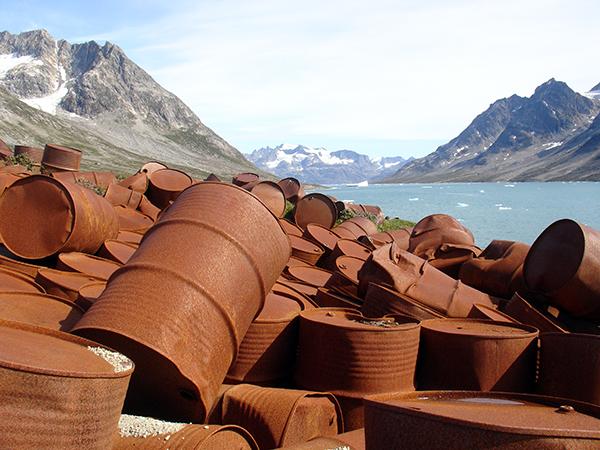
Bohn X
The Environmental Humanities
In line with Ulrich Beck’s paradigm of a “reflexive modernity,” the environmental damages caused by humans have moved beyond our control. After exceeding the natural limits posed by our planet’s self-sustaining systems, we urgently need a critical analysis of the transformations that emerged as consequences of human interactions with the environment.
Our international doctorate program, Rethinking Environment, understands ecological problems as a narrow definition of the changes we are now facing: the impact of unbalanced relationships on human societies and cultures is equally immense. By working with rather than against the natural and technological sciences, our doctorate program emphasizes the epistemic, social, cultural, and political relevance of the humanities and social sciences as indispensable parts of the knowledge production that the Environmental Humanities can offer.
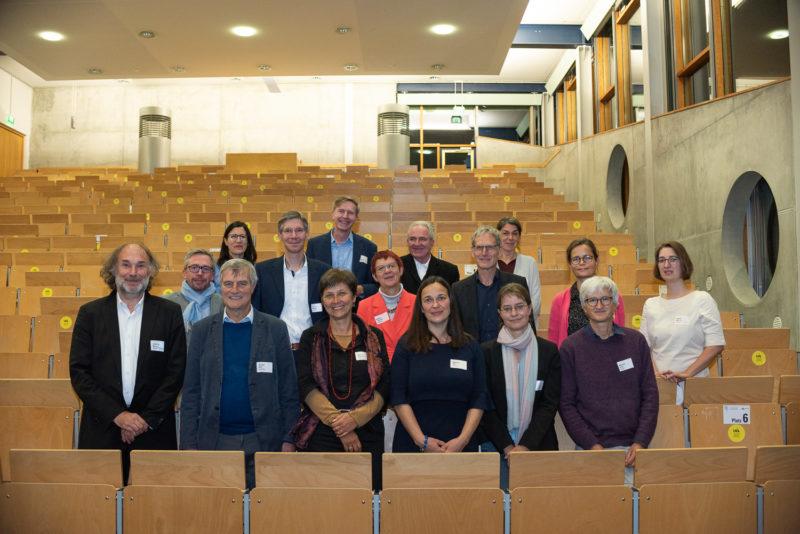
Pia Wimmer
Teaching
Rethinking Environment is a cooperation between two distinguished academic centers: the Environmental Science Center, WZU, at Augsburg University, and the Rachel Carson Center at Ludwig-Maximilians-University in Munich. At the WZU, the Environmental Humanities are one important dimension in a larger inter- and transdisciplinary network with a strong base in the natural sciences, and the Rachel Carson Center is an internationally renowned center dedicated to the interdisciplinary study of environment and society.
Our advisory team brings together experts from both academic environments. Together they represent disciplines like Economics and Business Administration, Environmental Ethics, Ethnology, Environmental History, History of Technology, Human Geography, Literary and Cultural Studies, and Philosophy of Nature — but also Biology, Chemistry, and Environmental Health Sciences.
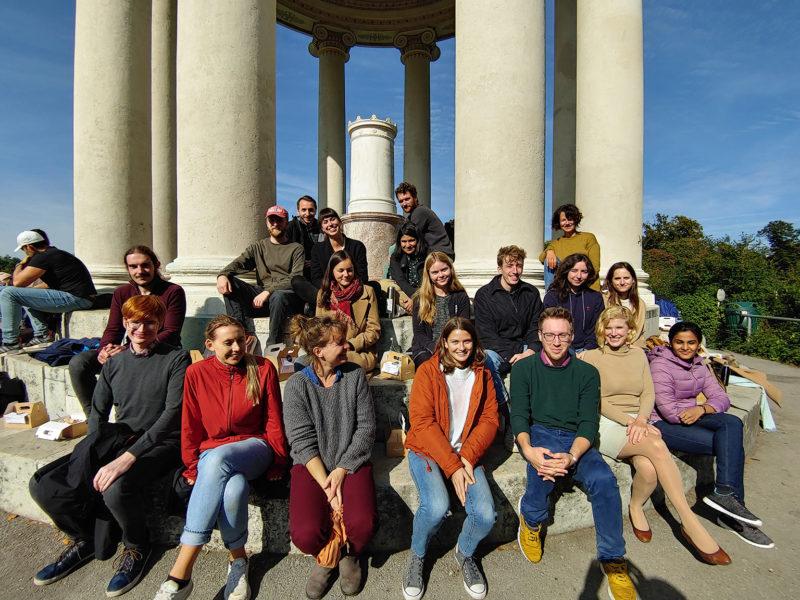
Kirsten Twelbeck
Learning
The international doctorate program is made up of twenty Ph.D. students who represent a mix from Bavarian backgrounds and the experience that comes with being a native from Canada, India, Italy, the Netherlands, Hong Kong, Pakistan, or Tajikistan. Each student in this diverse group is supported by an advisory team that consists of three experts from both universities. This allows them to profit from the distinct academic environments and their respective networks.
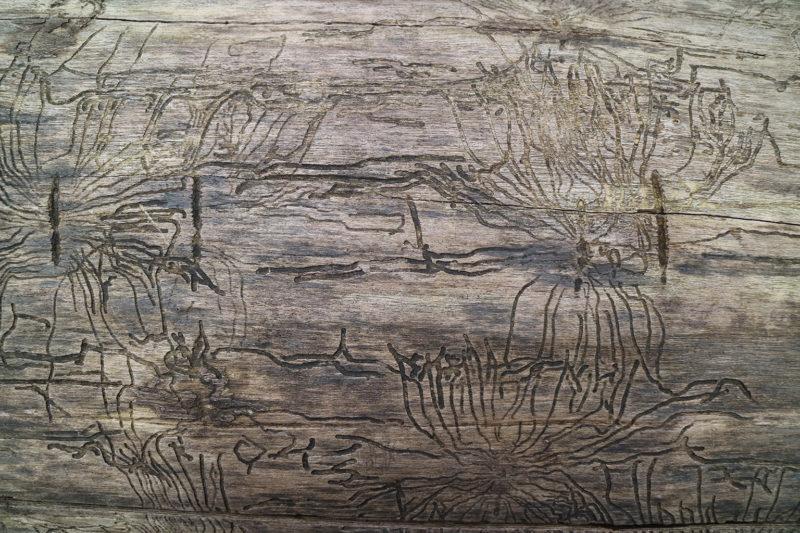
Kirsten Twelbeck
Program Structure
We learn from experts in our own field but also by finding access to disciplines that rely on different vocabularies, methods, and approaches. To make this learning process more productive, we have to create a shared vocabulary and understand each other’s academic lingua franca. For this reason, the first two semesters are dedicated to creating a common knowledge basis. In the second and third years, the emphasis is on workshop formats, some of which are mandatory and pertinent to all, while others seek to serve the specific needs of the Ph.D. students. The last year, in particular, offers opportunities to work closely with our transdisciplinary partners.
You can find more information about our structure in our organizational chart.
